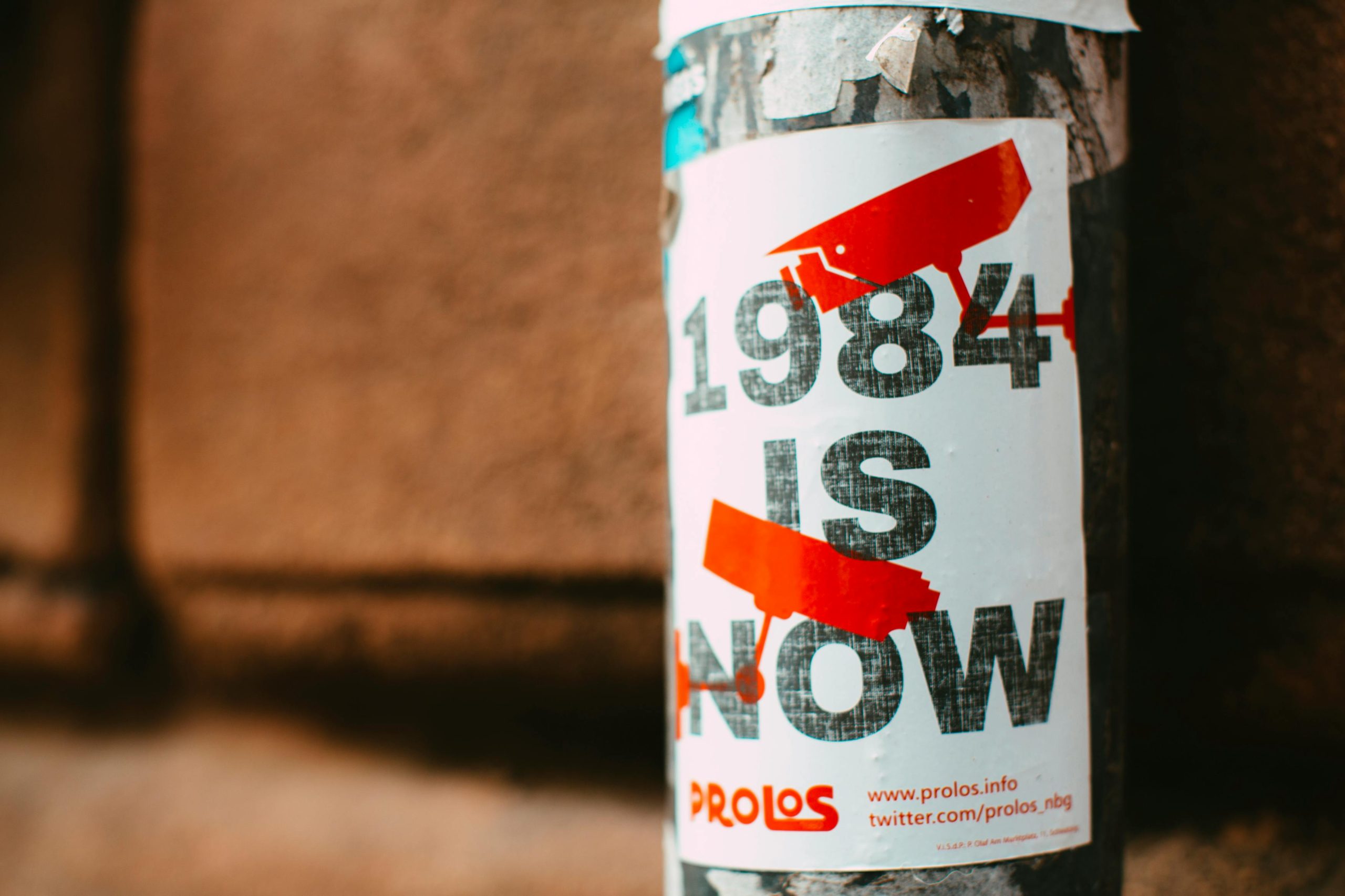Determining the Ideal Cookie Duration for Enhancing Customer Recognition
Managing customer interactions on your website often involves striking a balance between user experience and effective business outcomes. A recent client discussion prompted me to reflect on the optimal duration for website cookies, specifically at easypeasy.chat, where cookies are employed for lead capture and customer onboarding.
The Client’s Perspective
The client believes that extending the cookie duration could prevent potential revenue loss by better engaging with customers returning to the site after a longer period. His suggestion was to extend the cookie lifespan to 60 days, contending it could capture more returning visitors and improve conversion rates.
Current Setup and Concerns
Presently, our cookies are set to recognize returning visitors for up to three days, allowing them to seamlessly continue their journey. This timeframe aims to avoid crossing the threshold of intrusiveness, aligning with a respectful approach to user privacy.
The Debate: Short vs. Long Cookie Duration
The core of our debate lies in whether a longer cookie duration could indeed foster greater engagement and retention, especially for a small business. While a brief, three-day period appears sufficient for maintaining a positive user experience, it raises the question of whether a longer period might prove more beneficial in re-engaging users without feeling overly invasive.
Seeking Your Insights
I am contemplating whether to adhere to my initial stance or to experiment with my client’s proposed adjustment. Therefore, I am seeking insights: Could an extended cookie duration genuinely enhance customer retention, or does it risk alienating users? Any perspectives on achieving a balance between user familiarity and discretion would be greatly appreciated.
Thank you in advance for your valuable input!










2 Comments
This is an insightful post that highlights an important aspect of customer engagement! The cookie duration debate is indeed a nuanced one. One angle to consider is the type of business you are engaging with; for instance, a subscription-based service might benefit from a longer cookie duration than an eCommerce platform with more occasional purchases.
Experimenting with your client’s suggestion for an extended cookie duration could be a worthwhile endeavor. You could consider a phased approach—perhaps testing a 30-day cookie duration first, followed by analyzing data on customer return rates and conversion outcomes. This way, you can gauge the impact on user experience and engagement without committing to a full 60-day duration from the start.
Additionally, it might be beneficial to incorporate an easy opt-in mechanism for users who want to maintain a ‘remember me’ option, which could alleviate concerns around privacy and consent. Engaging with users through surveys or feedback forms could also provide insights into their preferences regarding cookie policies.
Ultimately, the key lies in balancing user experience with business needs, and testing will allow you to make data-informed decisions that resonate well with your audience. Excited to hear what you ultimately decide!
Great discussion! When considering cookie durations, it’s important to balance between re-engagement and respecting user privacy. Extending cookies to 60 days could indeed help capture more returning visitors, especially for longer sales cycles or decision-making periods. However, longer durations also increase the risk of privacy concerns and potential user discomfort if not communicated transparently.
One approach could be to adopt a flexible strategy—perhaps implementing different cookie durations based on user behavior or interaction type. Additionally, complementing cookies with other methods like email retargeting or personalized push notifications can enhance retention without solely relying on extended cookie periods.
Ultimately, testing different durations through A/B experiments and monitoring conversion metrics will provide actionable insights tailored to your audience. Balancing technical optimization with clear privacy practices will foster trust and long-term engagement. Thanks for sharing this insightful topic!